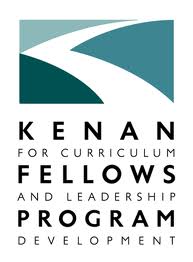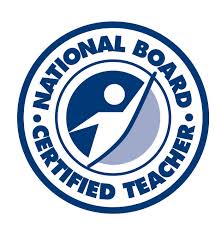 One place I go to every day is Discovery Education! If you know me in person or online, you probably know that I am heavily involved with the Discovery Educator Network (DEN). Some of my most amazing personal and professional relationships come from experiences I have had thanks to the DEN. I figured that for this blog post I will do a Top 5 list of the reasons I love DE!
One place I go to every day is Discovery Education! If you know me in person or online, you probably know that I am heavily involved with the Discovery Educator Network (DEN). Some of my most amazing personal and professional relationships come from experiences I have had thanks to the DEN. I figured that for this blog post I will do a Top 5 list of the reasons I love DE!
1. Advanced Search in Discovery Education allows me to find resources specifically targeted to my students’ needs. I love the games, math explanations, and songs. Even if your school does not subscribe to DE services, they have partnered with tons of community and corporate sponsors to create free lessons, games, and resources for teaching and learning.
2. Contests and sweepstakes like the Belk Service Learning Challenge and the Siemens Young Scientist Challenge give schools the opportunity to connect with corporate sponsors who want to make great things happen for young students. If you are a DEN STAR, you definitely look forward to Teacher Appreciation Week each year! DE does it right!
3. Face to face and virtual events offered by Discovery Education, the DEN, and their partners are amazing opportunities for educators and students to connect with the learning world around them. We have connected with the Weather Channel in an awesome Google HangOut, Peter Reynolds in an amazing Thinc Career Chat, and one another at events like DEN Summer Institute and DENapaloozas!
4. Discovery Education is about sharing! To become and maintain a DEN STAR, you have to do events. But, never fear, thi is not a giant production. No, sharing to DE is about getting 3-4 people together and talking about how you are using DE resources to improve teaching and learning in your classroom. Become a STAR!
5. Discovery Education is about providing the best teaching and learning resources. The DEN is about the people, the best network of caring, compassionate, and dedicated educators on Earth.











